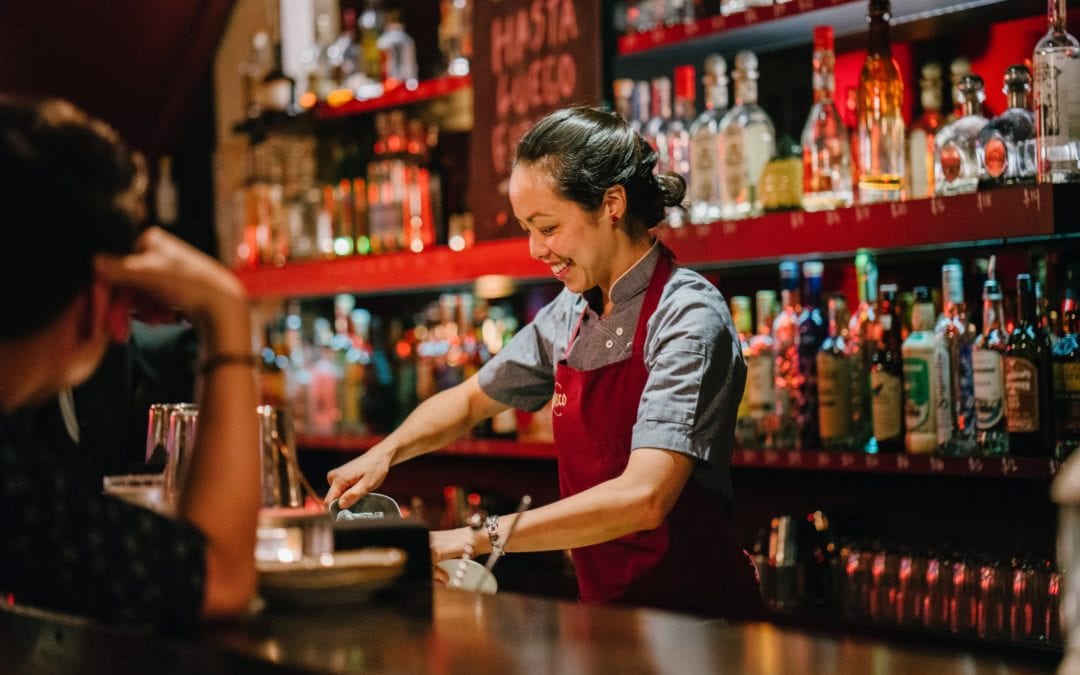Soaring energy prices have meant that UK businesses are facing fresh challenges. Hospitality venues in particular are still aiming to return to pre-pandemic trading, and a rise in bills could just be the straw that breaks the camel’s back.
To negate the effects of rising costs as much as possible, many are looking to reduce their energy consumption. While hospitality businesses vary in the scale of their sites and the way in which they consume energy, there are some universal tips we can share…
1. Conduct an energy audit
Energy usage varies depending on a number of factors, including the size of the premises and customer demand. Hiring an assessor to carry out a commercial energy audit can help to pinpoint where most of your energy is used, and how and where this can be managed better in your particular organisation.
2. Close off unused areas and turn off unused items
For businesses with extensive premises, shutting off areas that aren’t being used will help to reduce costs and optimise the running of your operations. What’s more, whether it’s a light switch, hot plate, fan or stove, turning off what’s not in use is one of the most straightforward ways of saving money.
3. Invest in energy-efficient equipment
While it may be unrealistic to completely overhaul your equipment all at once, take the opportunity to upgrade your systems or machinery if anything breaks down. Modern energy-efficient chiller and refrigeration units are a key way to save – ideally you want them to be operating at or below 0.6 kilowatts per ton of capacity. Large venues could also benefit from installing a combined heat and power (cogeneration) system, which recovers waste heat from on-site generators and turns it into power to heat water or rooms.
4. Use energy-efficient bulbs
Likewise, consider switching your bulbs to one of the following:
- LED – LEDs typically last around 25 years longer than standard bulbs and use around 75% less energy
- T8 – The perfect energy-efficient replacement if your business uses fluorescent T12 bulbs
- Compact fluorescent lamp – Suitable for replacing incandescent lamps
5. Set your water temperature
Ensure you implement a maximum water temperature for your business if possible, so that you avoid unnecessary heating. If your hospitality business has customer bathrooms, invest in automatic water-saving urinals, toilets and taps to lower your water bills too.
6. Change energy supplier
This isn’t easy to do at the moment as the energy market isn’t as competitive as it once was. However, you might find a much better deal than your current supplier, so it’s certainly worth investigating.
7. Train your employees
It’s all well and good knowing how you could save energy, but to make a difference to your bills, any behaviours or measures need to be consistently implemented. For this reason, training your employees to be energy-efficient across your premises is vital.
Take control of your business’ finances
We’ve outlined some strategic tips for preventing high energy bills here, but how else can your business save money and/or increase revenue in the current economic climate? You may want to raise your own prices, or shop around for produce suppliers. To work out the right route to take, it’s essential to be aware and on top of your finances. Only then can you determine the impact that any changes will have on your business.
At Nabarro Poole, we specialise in accountancy for hospitality and understand the specific challenges your industry faces. We offer in-depth budgeting and forecasting guidance, providing you with the additional support you need. To find out more, get in touch with our friendly team today, who will be happy to answer any questions you may have.


Recent Comments